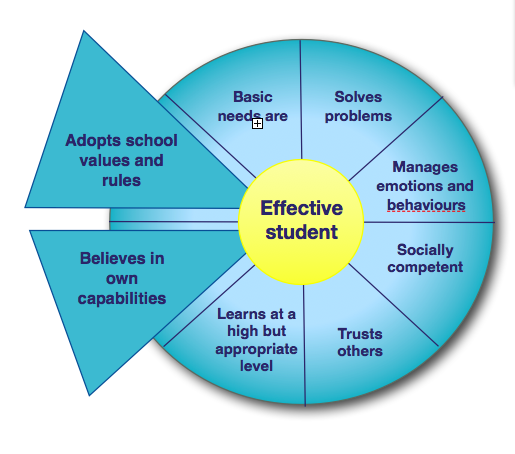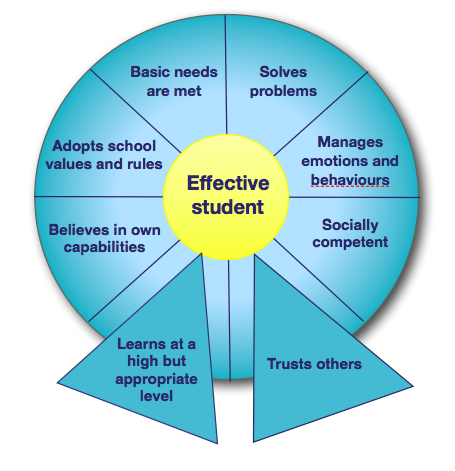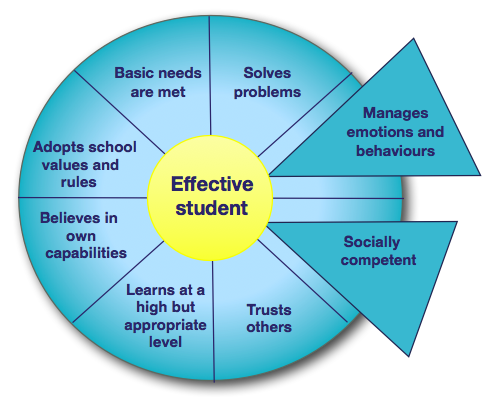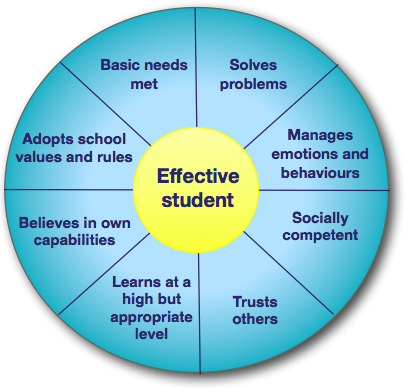Blogs
Finish the year on a calm note
The last few weeks of the school year can be stressful juggling last minute tasks while finalising student assessments, reports, and attending end of year events and functions. Below are a few ideas to help you keep calm when managing challenges that can arise at school. Know how to calm yourself quickly Remaining calm is one
Read moreBetter sleep = better learning
Do you have students who seem to forget everything they learned the day before? There are a variety of reasons why students do not retain learning. One that is often overlooked is lack of regular, good quality sleep. Poor sleep patterns impact both on learning and wellbeing. Recent research shows that 65% of Grade 4 students are regularly
Read more‘Helicopter’ parents in the classroom
‘Helicopter’ parents are overprotective parents who relentlessly hover over their children, removing all challenges and potential dangers, and micromanaging their affairs. They want ‘happy’ children and often have unrealistic expectations of what the school can and should do for their child. ‘Helicopter’ parenting can have a serious negative impact. Recent research by Lereyaa, Samarab and Wolkec (2013,
Read more‘What I do I can say What I say can be written down What is written down can be read.’A simple saying, that highlights an often neglected aspect of the curriculum, from early years to senior years–the development of oral language competence. Learning to read is fundamentally a linguistic task, drawing heavily on a child’s
Read moreStudents who get nervous speaking in class
Many children (and adults) feel nervous about speaking in public. In fact it is one of the most searched and read topics on the Psych4Schools website. Teachers tend to be most concerned about those children who fear speaking publicly in all situations, including reading aloud or answering questions in class, but are also seeking guidance about
Read moreWhy is this student underachieving?* Or overachieving?
I’ll let you in on a little secret… IQ is not, I repeat NOT the best predictor of student success. If you work in a school you probably already know this but many students, parents, governments and other members of the community do not and it’s time to share this with them. Last week I
Read moreLast week Murray and I flew up to the Central Coast of New South Wales to deliver a series of presentations to four schools in Lake Munmorah. We were greeted with warm weather, sunshine, 130 enthusiastic teachers and principals, delicious food, and a jellyfish (but that’s another story). The presentation series ran over a day
Read moreHelping students with dyslexia
Dyslexia is a specific learning disability that affects up to 5% of children. These children have difficulties with: Phonological processing. Problems associated with connecting written letters to their corresponding sounds (phonemes) are reflected in an inability to rapidly name letters and their common associated sounds. Hence, children struggle to decode letters and words when reading,
Read moreAssist students to believe in themselves and adopt school values
Effective teaching, learning and relationship building is optimised when students are healthy, feel safe, can regulate their feelings and emotions and are largely worry free. Following our previous posts related to the Psych4Schools Effective Student model this post provides strategies to help students to Believe in their own capabilities and to Adopt school values and
Read moreUse trust and learning to promote student wellbeing
Many teachers spend the first few weeks of the school year establishing social and behavioural expectations. School values, class rules and routines, personal and playground safety, bullying, protective behaviours and cyber-safety agreements coupled with various thinking tools are some of the key areas explored. It is a busy time of the year, as teachers begin
Read moreHigh achieving students bored and under extended
Research reported in The Age, lead by Professor Patrick Griffin, was conducted on 36,000 Years 3 to Year 10 students in reading comprehension, maths and critical thinking from 500 Catholic and state schools in Victoria. Once tested students were grouped according to ability and taught by teachers at their ability level for 6 months. Researchers found that
Read moreAssist tired, upset or grumpy students
This is part two of our Promoting student wellbeing blog. In this post we look at two more factors from our Effective Student Model that helps to build student wellbeing and assist students to manage themselves more effectively at school. See our previous wellbeing blog if you missed part one where we talked about students
Read moreKeeping students engaged in the last few weeks of school
The final weeks of the school year are a time for celebration and reflection, however they can also be some of the most challenging weeks for both students and teachers. School fetes, end of year social events and awards nights and associated late nights, on top of final assessments and report writing, bring additional stress and
Read moreStudents are better able to manage their school day and learn effectively when they are healthy, feel safe, can regulate their feelings and emotions and are largely worry free. Linking individual student wellbeing and management with teaching and learning are on-going challenges for today’s classroom teachers. The following eight factors can help build student wellbeing. The
Read moreTips for deescalating a parent’s anger
When people are angry they temporarily lose the ability to think clearly and rationally. How you respond can help to either escalate or deescalate their anger. A parent will be unable to work with you effectively until they have calmed down and are in control of their behaviour. REMEMBER: You should never try to work with
Read moreConcerned about making a mandatory report?
Mandatory reporting is the legal requirement to report suspected child abuse or neglect. In Australia, the groups of people who must report children who are being harmed or who are at risk of harm varies across states and territories. For a list of professionals mandated to report suspected abuse in each state click here. Research
Read more














